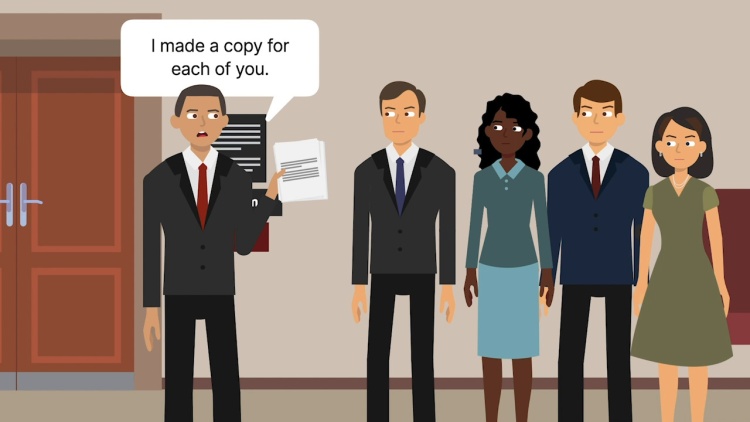Rico v. Mitsubishi Motors Corp.
California Supreme Court
42 Cal.4th 807, 171 P.3d 1092, 68 Cal.Rptr.3d 758 (2007)

- Written by Sean Carroll, JD
Facts
Zerlene Rico (plaintiff) sued Mitsubishi Motors Corporation (defendant) after a Mitsubishi vehicle rolled over, causing injury. After the suit was filed, Mitsubishi met with its attorneys, James Yukevich and Alexander Calfo. At the meeting, Yukevich asked Jerome Rowley, a Mitsubishi employee, to take notes. At a deposition in the case, Yukevich left the notes in his briefcase in the deposition room while he went to the restroom. Raymond Johnson, counsel for Rico, obtained the notes from that room. Johnson claimed that the court reporter, believing the notes were an exhibit, gave Johnson the notes. Johnson knew “within a minute or two” that the document related to the case and was not meant to be produced as an exhibit. Despite this knowledge, Johnson made copies of the document, discussed it with his cocounsel and experts, and used it in a later deposition. Mitsubishi moved to disqualify Johnson as Rico’s counsel. The trial court held a hearing and determined that Johnson received the notes inadvertently. The trial court then found that Johnson had acted unethically in examining and using Yukevich’s attorney work product. The trial court granted Mitsubishi’s motion to disqualify. The court of appeals affirmed. The California Supreme Court granted review.
Rule of Law
Issue
Holding and Reasoning (Corrigan, J.)
What to do next…
Here's why 907,000 law students have relied on our case briefs:
- Written by law professors and practitioners, not other law students. 47,100 briefs, keyed to 996 casebooks. Top-notch customer support.
- The right amount of information, includes the facts, issues, rule of law, holding and reasoning, and any concurrences and dissents.
- Access in your classes, works on your mobile and tablet. Massive library of related video lessons and high quality multiple-choice questions.
- Easy to use, uniform format for every case brief. Written in plain English, not in legalese. Our briefs summarize and simplify; they don’t just repeat the court’s language.





